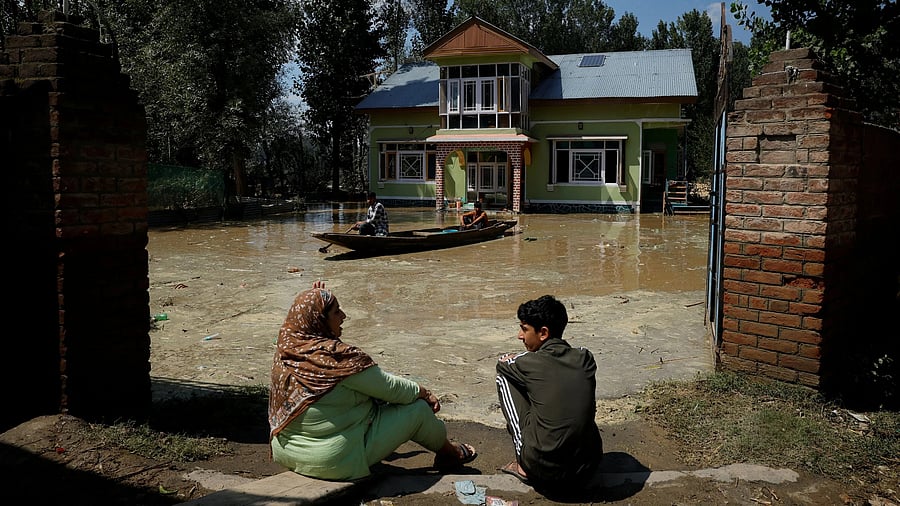
Students, workers and professionals from the Valley say the atmosphere in several cities of the country has turned sharply hostile. (Image for representation)
Credit: Reuters Photo
Srinagar: The Red Fort blast in Delhi on November 10 has not only shaken the country’s security establishment but has also revived an old, dangerous sentiment—collective suspicion of Kashmiris.
Students, workers and professionals from the Valley say the atmosphere in several cities of the country has turned sharply hostile, forcing many to choose between staying on and braving discrimination or returning home midway through their careers and education.
Across campuses and rental neighbourhoods in metros and other cities, Kashmiri students report intensified police verifications, sudden eviction notices and a perceptible change in how classmates and colleagues look at them.
“For the fault of a few, an entire community is being made to feel guilty,” said Aamir Ahmad, a postgraduate student in Delhi who has stopped venturing out late-evening out of fear. “Every time something happens anywhere in India, we become suspects by default. This is not sustainable—this only grows alienation.”
Several hostels and landlords, student groups say, have asked Kashmiri tenants to vacate rooms to “avoid trouble.” Some students have already left for the Valley. Others are holding out but admit they are unsure for how long.
A young tech employee in Noida, who has lived outside Kashmir for nearly eight years, said colleagues have begun making remarks about “keeping an eye” on Kashmiri employees. “I’ve worked hard to build a life here. But suddenly I’m being judged for my identity. How do you explain this to your family back home?” he said.
Security agencies have arrested a few individuals with alleged links to the Delhi blast conspiracy, some of them from Kashmir. But rights groups, academics and policymakers warn that allowing suspicion to spill over onto ordinary Kashmiris will do more harm than good.
A senior academic in Srinagar said, “Alienation doesn’t grow in a vacuum. When young Kashmiris studying outside are humiliated, denied accommodation or repeatedly questioned, it reinforces the idea that they don’t belong. This is exactly the ground extremist groups exploit.”
Political leaders in the Valley have echoed this concern. “Punishing an entire community for the actions of a handful is both unjust and counterproductive,” said PDP president and former Chief Minister Mehbooba Mufti. “If the country truly wants integration, it cannot treat Kashmiris as outsiders every time a tragedy occurs.”
Even civil society groups in various parts of the country caution that fear-driven profiling will only push Kashmiri youth further away. “We are seeing signs reminiscent of the post-Pulwama period,” said a member of a Delhi-based rights group. “But the lesson from past experience is clear: collective blame fuels resentment.”
For many Kashmiris, the blast has reopened wounds they believed had healed. The worry now is not just about safety, but about belonging—and whether India’s repeated bouts of suspicion may deepen the very alienation it seeks to end.